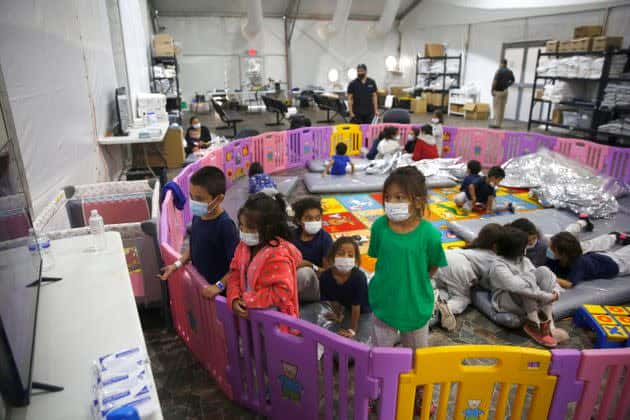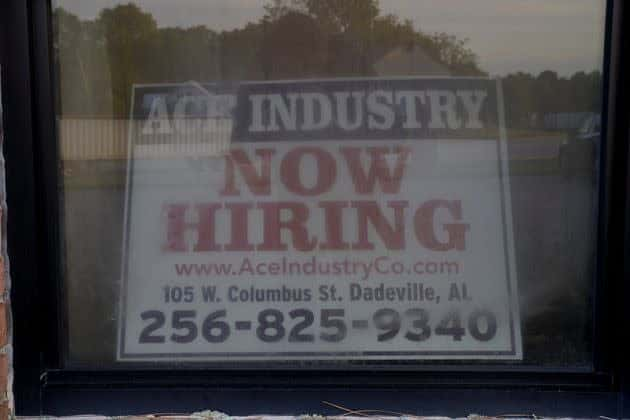Over the past 10 months, there have been 44% more children discovered working illegally in the U.S. The Labor Department made the statement on Capitol Hill on Wednesday as a group of legislators from both parties accused federal officials of not doing enough to safeguard unaccompanied migrant children from abuse.

According to a Labor Department press statement citing the resolution of 765 child labor cases, more than 4,470 youngsters were discovered working in violation of federal child labor rules between October of last year and July 20 of last week. There are still more than 700 open cases.
These unresolved investigations involve the tragic deaths of three 16-year-old males in Mississippi, Missouri, and Wisconsin.
The overall number of instances resulted in more than $6.6 million in penalties for employers, an 87% increase over the same period in the previous fiscal year, according to the DOL.
Acting Secretary of Labor Julie Su stated that her agency is “fully committed to using every governmental lever possible under federal law and current funding levels,” while the DOL has requested that more be done.
It has particularly requested that Congress boost the monetary penalties for child labor infractions, arguing that the current maximum penalty of $15,138 per child is an insufficient deterrent for highly successful corporations. It has also requested that lawmakers strengthen retaliation safeguards for persons who report violations of child labor rules and investigate firms that violate child labor laws.
These new case numbers come as Health and Human Services Secretary Xavier Becerra faced criticism in a Congressional hearing on Wednesday over reports of unaccompanied migrant children working dangerous, illegal jobs and being placed in the care of abusive sponsors through the HHS’s Office of Refugee Resettlement (ORR). According to the New York Times, some migrant children have been put with abusive sponsors who force them to work illegally in order to repay a “debt.”
Becerra admitted that abuse is “real” in the midst of a record number of unaccompanied migrant children coming at the border, but he claimed that the agency’s influence stops once the child is put with a qualified sponsor.
He stated that 85% of the more than 83,000 children placed with a sponsor this fiscal year were with a parent, legal guardian, or close family member.
Becerra stated that there are post-release programs for migrant children after they are placed with a host family, but they are optional and not part of the ORR’s “core activity” that Congress has financially supported. These services include mental health treatments and wellness check-ins such as phone calls to migrant children and sponsors, but “they’re under no obligation to answer or return the call.”
Some lawmakers believe that even when working within its budget, the ORR’s efforts are inadequate.
When questioned repeatedly, Becerra stated that all child sponsors undergo background checks, but he would say whether these are FBI background checks, which numerous lawmakers criticized.
Rep. Debbie Lesko (R-Ariz.) pointed out that persons who want to be foster parents in her state of Arizona must go through FBI background checks, so why not those who want to sponsor migrant children?
Becerra contended that the ORR lacks the same authority as state foster care systems, “and that’s the crux of the problem.”
Unaccompanied migrant children and underage employees are on the rise as a result of a nationwide labor shortage, which has contributed to the hiring of youngsters.
Some firms have purposefully employed young people, especially illegal kids, to avoid paying more for qualified workers during the labor shortage, according to Jordan Barab, former deputy assistant secretary of labor at OSHA from 2009 to 2017.
Some states have embraced the surge in child labor, with lawmakers proposing state laws that would undermine labor rights in order to fill labor shortages with low-wage workers.




